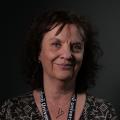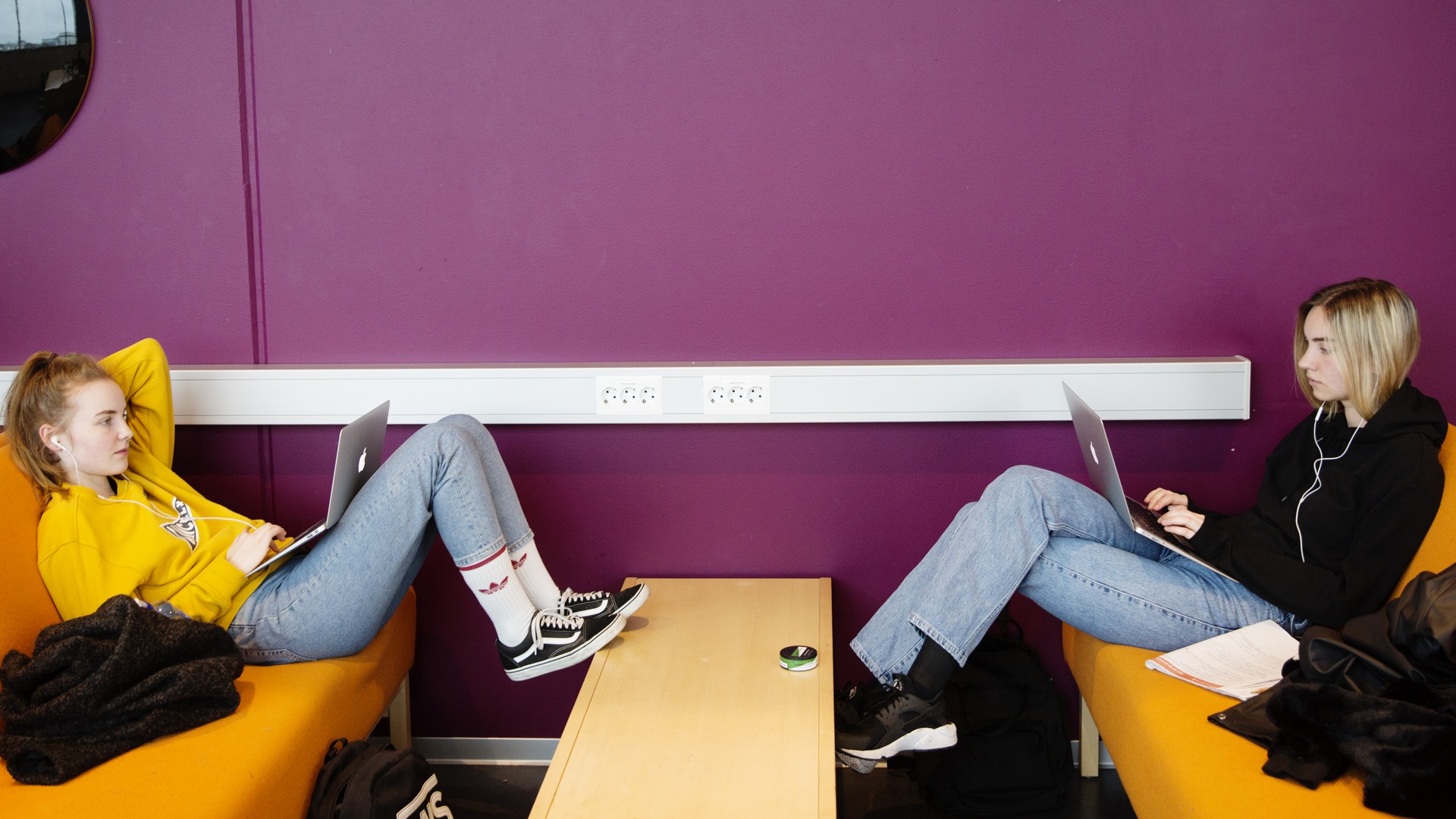Teaching for Sustainability
About the course
The course is interdisciplinary with a focus on Education and Sustainability, including the UN Sustainable Development Goals, SDG and with a specific focus on climate change and the ecological crises. The course literature and learning activities are aimed at developing students’ ability to learn and teach for sustainability. A main idea is to consider local and global challenges for sustainability with examples from Sweden, the students’ home countries and elsewhere.
Students will develop their knowledge of environmental problems and ecological, social and economic perspectives on climate change and sustainability. The course will include compulsory lectures, excursions, seminars, workshops, study visits and project work.
Course content
The aim of the course is to develop the teacher student´s competence and knowledge on planetary boundaries and in sustainability education. The student should develop deep approaches to learning towards sustainability and knowledge formation on challenges regarding the UN Sustainable Development Goals in global-local contexts, as well as teaching skills in relation to the student's learning process.
The course consists of lectures, seminars, workshops, project work, study visits and a take home assignment. Group works will be organised thematically. These will focus on global and local learning and teaching challenges in the area of sustainable development, with Sweden and the participants´ respective home countries as examples. The course offers students a possibility to develop skills in planning and implementing possible steps towards change in sustainability education
Entry requirements and selection
Entry requirements
General entry requirements + Civics 1b or Civics 1a1 +1a2, English 6
Selection
66% Upper Secondary Grades - 34% Swedish Scholastic Aptitude Test (SweSAT)
Course literature
Current literature list is available in the syllabus for the course
Course evaluation
Evaluation is an integral part of the course and takes place on two separate occasions: mid-course and at the end of the course. A final written individual evaluation based on the learning outcomes is done at the end of the course. The results of the course evaluation is summarised and made available in a report to be used as a basis for future courses.



